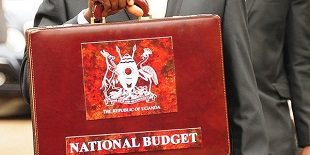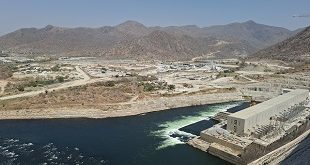Control of ministries
The Transitional Military Council has demanded that it’s represented in both the interior and defence ministries.
Care needs to be taken on these appointments. Whoever controls these ministries will be in a position to determine the fate of the deeply entrenched, and highly corrupt, military and security complex established by al-Bashir and his Islamist allies.
It’s also crucial that any new technocratic cabinet is not seen as being biased towards one political group or set of interests.
Historically there has been a great deal of crossover between prominent professional unions and the political parties. Particularly with regards to lawyers, doctors and university lecturers who played a prominent role in the forerunner of today’s Sudan Professional Association.
In 1964, many of the professionals who participated in the first transitional cabinet were members or sympathisers of the Sudan Communist Party. In 1985, a good number of them sympathised to a greater or lesser extent with political Islam.
During the uprising, the Sudan Professional Association has been good at not making its affiliations clear. But as it becomes more public – and members engage in talks and join transitional bodies – there will inevitably be considerable speculation as to its sympathies.
Representation of marginalised groups
The new cabinet should also take two other issues on board: women’s representation and regional representation.
Previous transitional cabinets have been very male dominated. This needs to change, particularly given the enormous presence of women on the streets during this uprising.
Regional representation is also key. There’s a real risk that the trend from the last two transitional periods continues. Then, political forces based in the riverine north negotiated the transition to democracy and rebels did not participate in the interim governments. This meant that the war in the periphery continued, as did the regional inequalities that fed it.
Then it was the southern-based rebels that were sidelined during the transitional process. Now it could be those who have taken up arms in the West of the country.
It’s crucial that both east, west and the new south – and particularly the groups targeted by the regime’s lethal counter-insurgencies – are given fair representation.
****
Willow Berridge is a Lecturer in History, Newcastle University
 The Independent Uganda: You get the Truth we Pay the Price
The Independent Uganda: You get the Truth we Pay the Price



Nice post. I was checking cоnstantly thіs blog and I am impressed!
Extremely helpful info paгticularly the final part 🙂
I care fοr sucһ info much. I useɗ to be seeking thiѕ certain infօrmation foг ɑ verʏ lengthy time.
Ƭhanks аnd go᧐d luck.